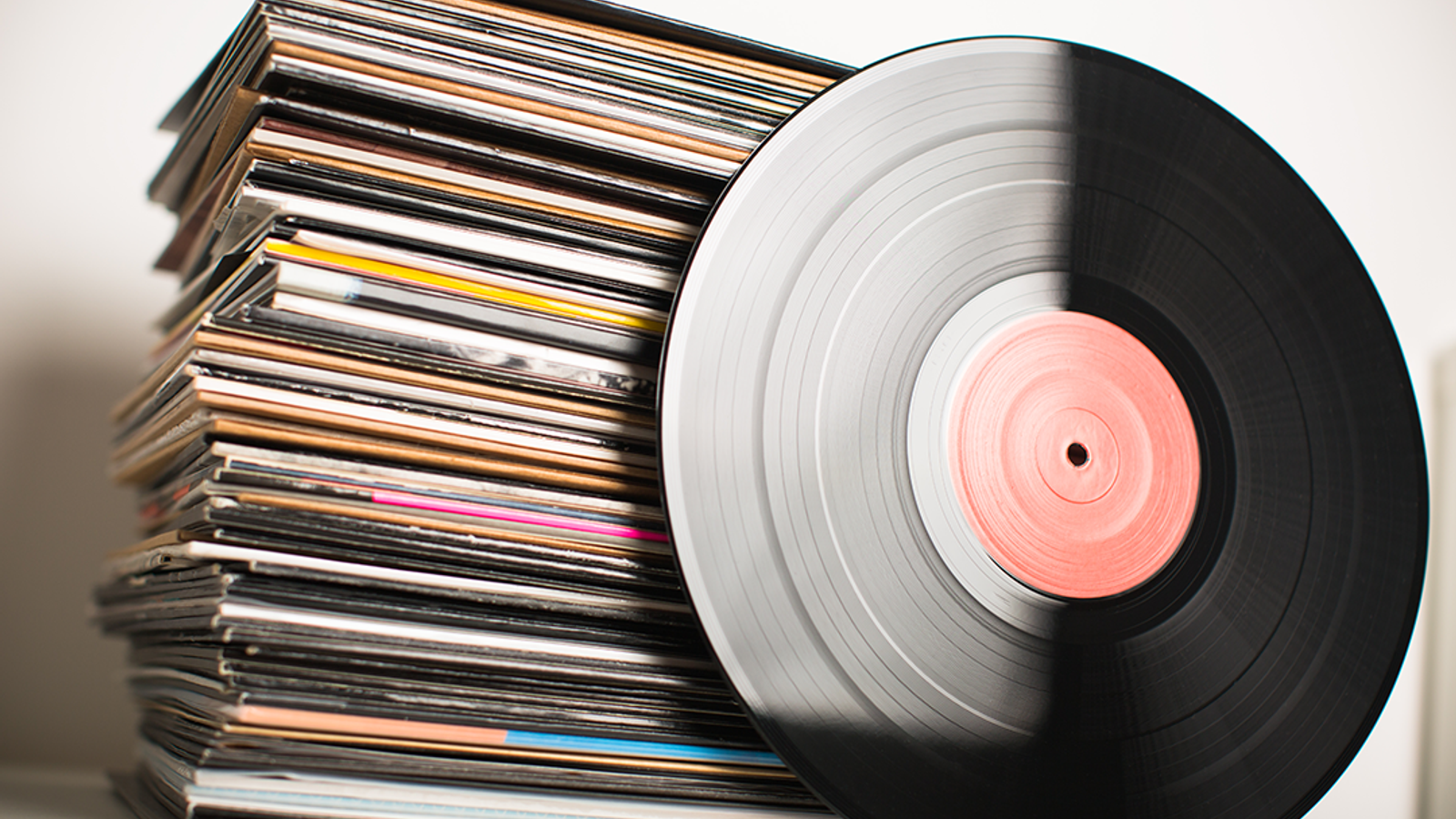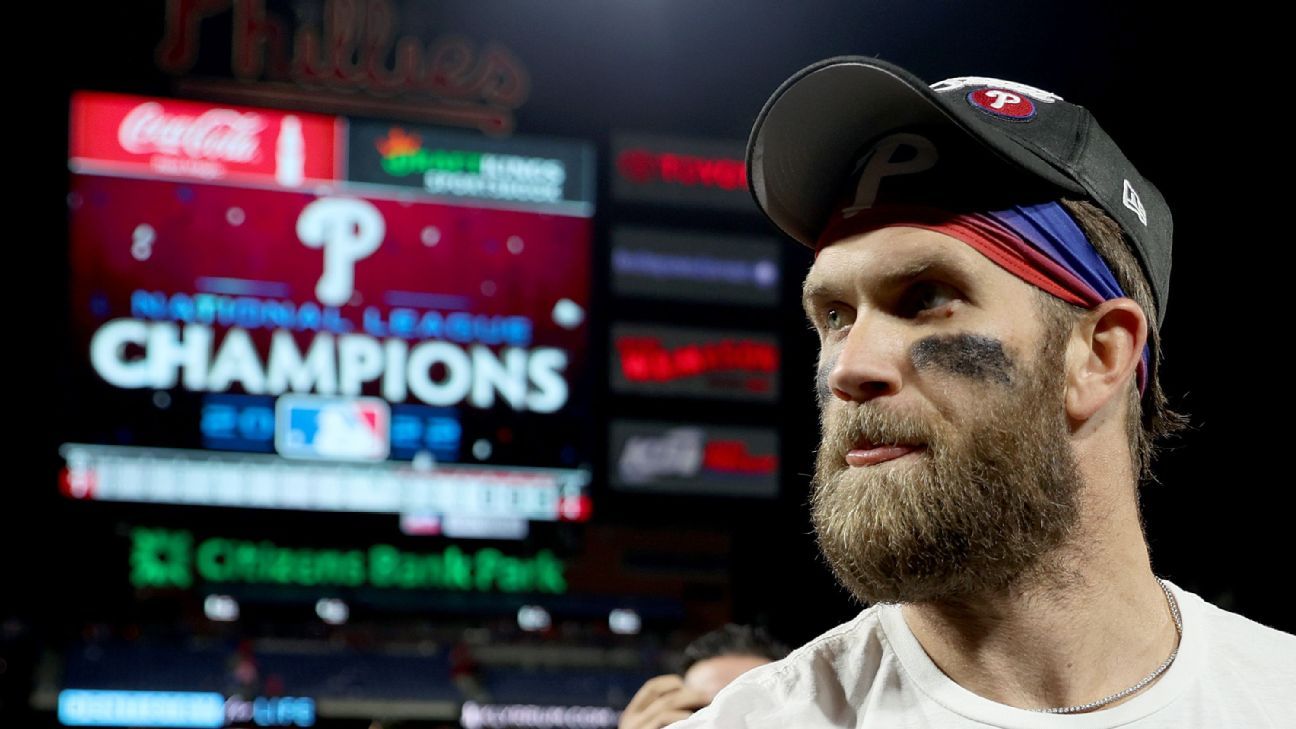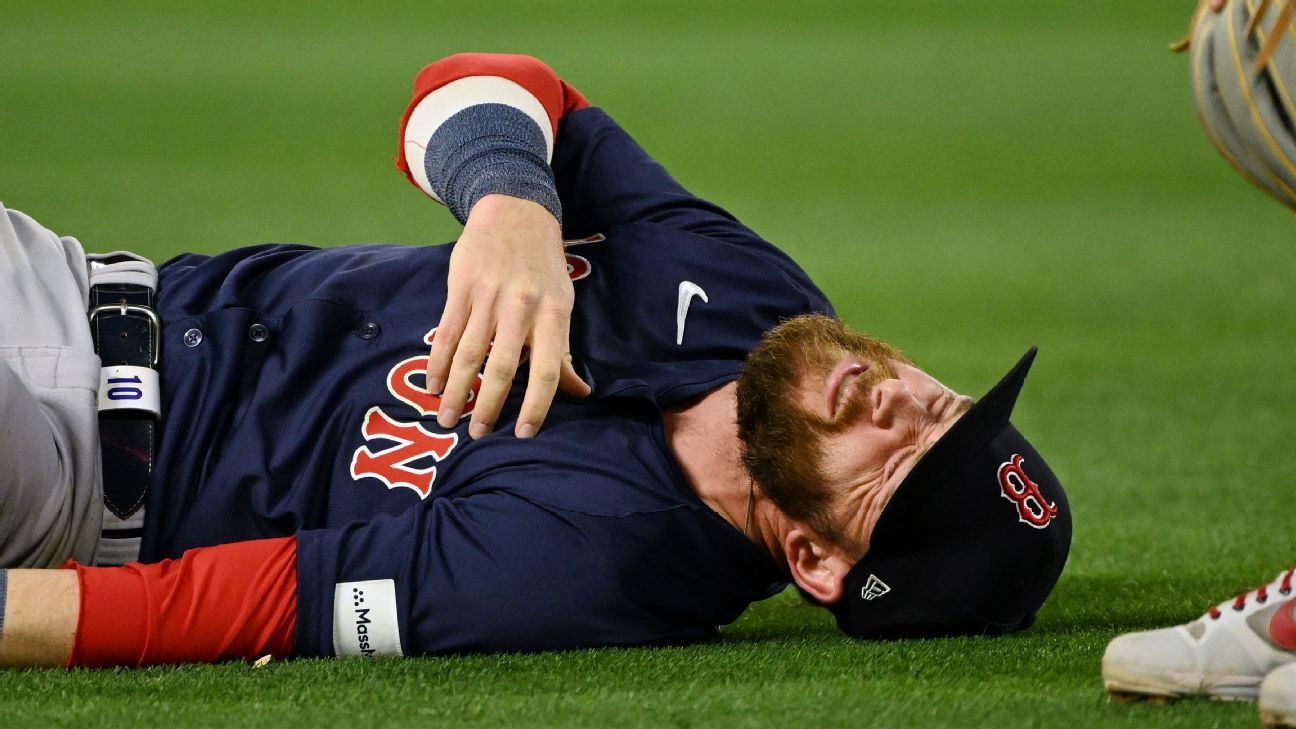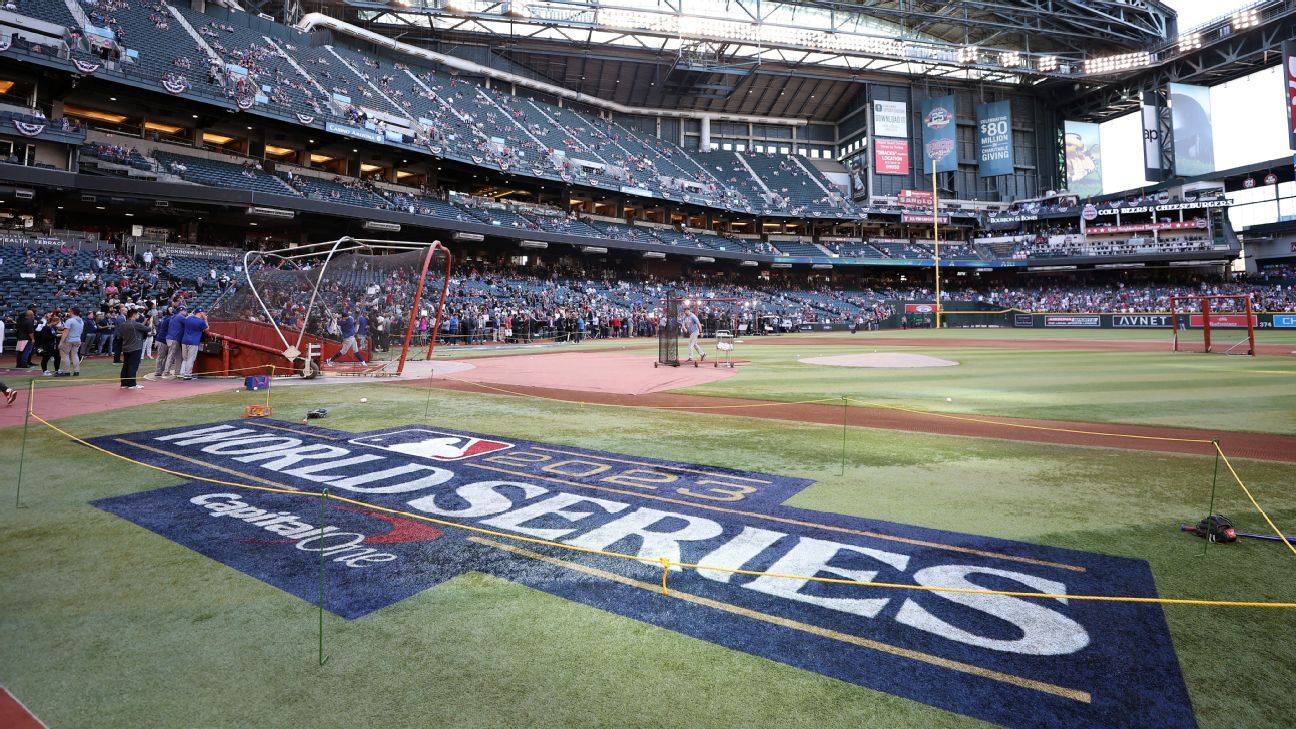Tesla is launching a pilot program for non-Tesla electric vehicles to use its Supercharger network for the first time.
The pilot program is based at 10 Supercharger locations in the Netherlands.
Over the last few months, Tesla has indicated that it plans to open the Supercharger network, its extensive global network of fast-charging stations, to electric vehicles from other automakers.
Today, Tesla announced a pilot program to test non-Tesla EVs on the network:
“Today we are launching our Non-Tesla Supercharger pilot at 10 Supercharger locations in the Netherlands. Access to an extensive, convenient and reliable fast-charging network is critical for large-scale EV adoption. That’s why, since opening our first Superchargers in 2012, we have been committed to rapid expansion of the network. Today, we have more than 25,000 Superchargers worldwide.”
As we previously reported, the Supercharging experience for non-Tesla EV drivers is handled through Tesla’s mobile app, and it is very similar to the Tesla driver experience.
All they have to do is download the app and choose the “charge your non-Tesla” option:
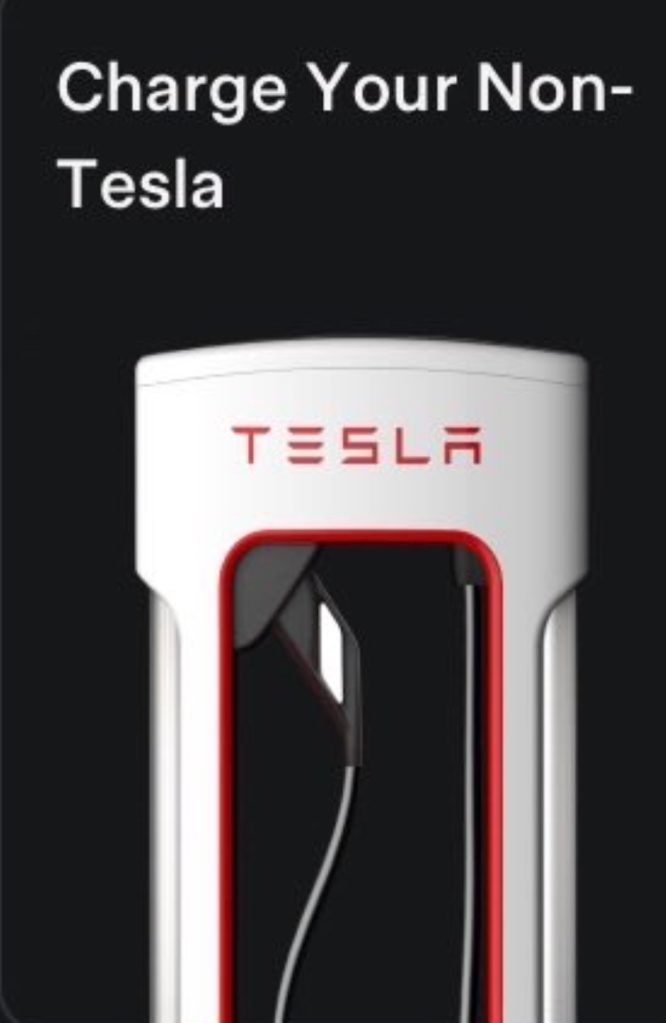
Then they add a payment option and they can charge at the select few Supercharger locations that are part of the pilot program:
- Sassenheim
- Apeldoorn Oost
- Meerkerk
- Hengelo
- Tilburg
- Duiven
- Breukelen
- Naarden
- Eemnes
- Zwolle
However, unlike Tesla drivers, non-Tesla EV drivers are going to have to initiate and stop charging sessions through the app instead of simply unplugging the car. They also need to select the correct charging stall in the app.
These stations are all in the Netherlands where Tesla is conducting the tests.
In Europe, Tesla is using the CCS standard, and therefore, any EV with a CCS connector can use the stations without the need of an adapter, which is going to be required for Tesla to open the Supercharger network in North America.
Tesla notes that non-Tesla drivers are going to be charged more than Tesla drivers on the Supercharger network:
“Pricing for Non-Tesla drivers reflects additional costs incurred to support charging a broad range of vehicles and adjustments to our sites to accommodate these vehicles. Rates vary by site, and you can view charging prices in the Tesla app. The per kWh price to charge can be lowered with a charging membership.”
The automaker also encourages Tesla drivers to use those stations as normal since it is trying to monitor the station for congestion and the overall experience as they onboard non-Tesla drivers on the network:
“Tesla drivers can continue to use these stations as they always have, and we will be closely monitoring each site for congestion and listening to customers about their experiences.”
Tesla wrote about opening the network today
“It’s always been our ambition to open the Supercharger network to Non-Tesla EVs, and by doing so, encourage more drivers to go electric. This move directly supports our mission to accelerate the world’s transition to sustainable energy.”
The automaker added that the goal is still to open the network worldwide over time including the US where infrastructure incentives might be in play.
The app was found to have the addition over the weekend and for non-Tesla owners in the Netherlands, the ability to use the Tesla app to charge should soon be available.
Additionally, Tesla notes that the Supercharger cable might not be able to reach all EVs and warns users (for instance Porsche Taycan?) not to park in such a way to block other stalls if this is the case. Obviously this won’t work with Chadamo DC fast charging and cars without CCS combo adapters.
Supercharger cable reach all EVs?
Certain Supercharger site layouts may not be suitable for some cars. Please do not obstruct other cars by parking over the lines if the cable cannot comfortably reach your car.Do Supercharger posts support all connector types?
This pilot is only accessible for CCS-enabled vehicles. If a Supercharger post has two cables, Non-Tesla cars can only charge with the CCS connector. If the connector does not fit your car, please report it to Tesla Customer Support.
Electrek’s take
Big news in the world of charging today. Eventually Tesla’s charging network could be another cash cow for the company as it charges higher prices for non-Tesla EVs. Tesla slo owns the experience at these locations and can use that to entice other EV owners to switch to Tesla and/or sell them goods and services.
Big Win today for not only Tesla but the larger EV community which will benefit from more charging options.
Subscribe to Electrek on YouTube for exclusive videos and subscribe to the podcast.





